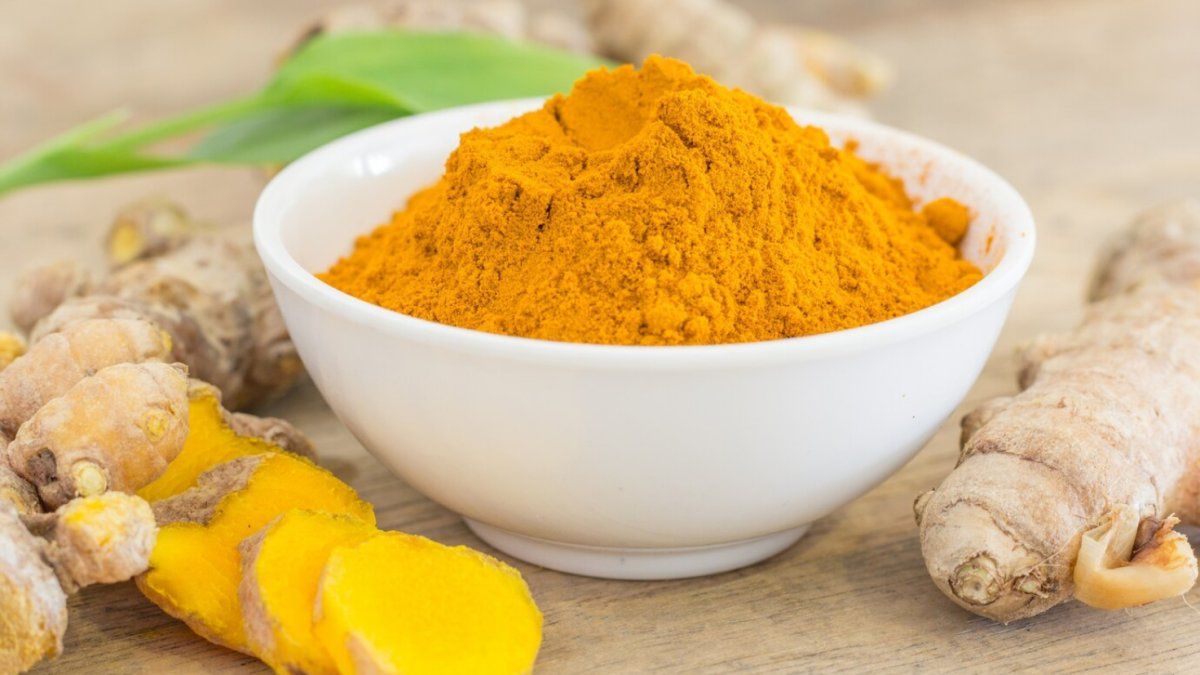The interest in natural ingredients arouses curiosity among those who wish to innovate in their culinary life. The turmeric It is a vibrant gold spice, the more popular for its multiple positive effects on the body. And one of the main organs is the heart. Know how.
One of its most prominent benefits is that of its impact on the cardiovascular health. Studies on their operation analyzed how their active compound, Curcumininfluences the prevention of heart disease and reduction of associated risk factors.
The heart It is an organ that depends on the balance between inflammation, cholesterol levels and health of blood vessels. In this sense, the study of turmeric threw:
Despite these benefits, it is important to highlight that Studies on turmeric and heart health had mixed results.
While some showed positive effects, others found no significant changes. Therefore, although turmeric can be a beneficial complement to food, You should not replace conventional medical treatments.
Final Curcha.jpg
Turmeric can be a beneficial complement, but it should not replace conventional medical treatments.
Dr. Amelia Aldana Mendoza
In addition to helping cardiovascular health, turmeric is recognized for its positive effects on the body.
- Immune system: For its antioxidant properties, turmeric strengthens defenses and protects the body from chronic infections and diseases.
- Brain and mental health: prevents neurodegenerative diseases such as Alzheimer’s and increases the neurotrophic factor levels derived from the brain (BDNF), a protein that influences cognitive function and memory.
- Joint health: Its anti -inflammatory capacity makes it an ally to treat arthritis and other inflammatory conditions.
- Metabolism and digestion: Turmeric favors digestion, blood sugar regulation and prevention of type 2 diabetes.
However, Curcumin has a low bioavailabilitythat is, the body does not easily absorb it. To maximize its benefitsit is recommended consume it with black pepper (which contains piperina, a compound that improves its absorption by up to 2,000%) or with healthy fats such as olive or avocado oil.
While turmeric is safe for most people, their consumption should not be excessive. The recommended dose is between one and three grams of turmeric powder per day (that is, on average to a teaspoon), which can be obtained through food.
- Supplements: In the case of curcumin supplements, the doses can be higher, but taking with medical supervision to avoid adverse effects.
- Precautions: Excessive consumption of turmeric or curcumin can cause stomach discomfort, nausea or interfere with certain medications, especially anticoagulants, chemotherapy and analgesics.
Its consumption must be part of a balanced diet and A healthy lifestyle. Before making important changes in food or incorporating supplements, It is advisable to consult with a health professional.
Source: Ambito
I am an author and journalist who has worked in the entertainment industry for over a decade. I currently work as a news editor at a major news website, and my focus is on covering the latest trends in entertainment. I also write occasional pieces for other outlets, and have authored two books about the entertainment industry.




